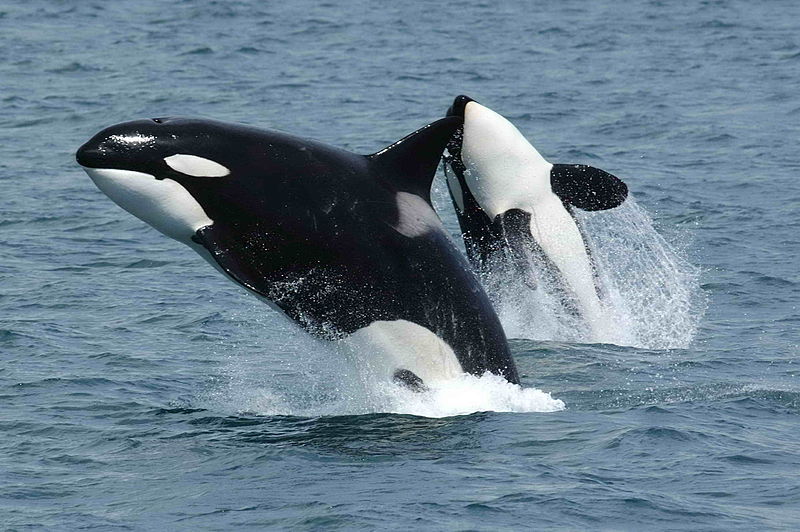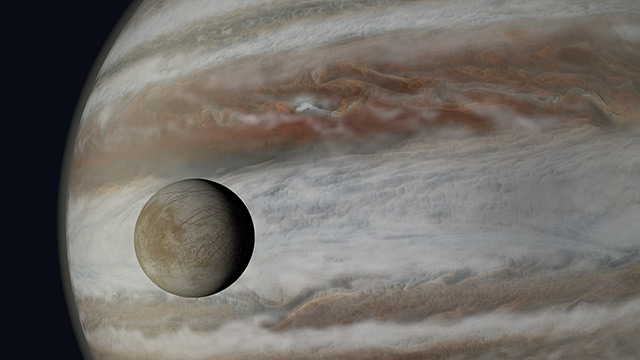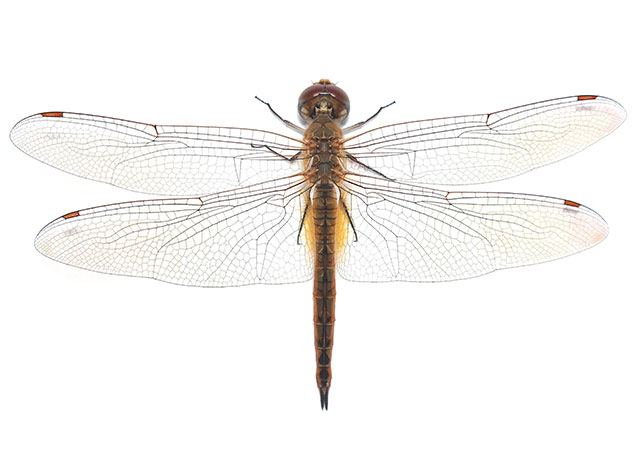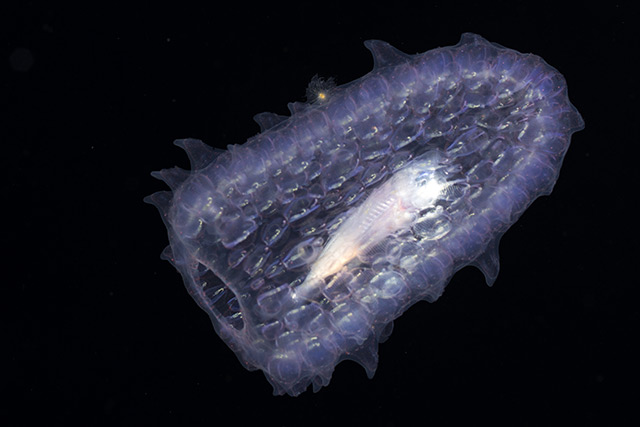06/29/2017 / By Earl Garcia
Recent attacks on great white sharks have been making the rounds on the internet, with the latest one being a fourth attack off the coast of South Africa. Just last month, three great white sharks were found dead on a popular beach, all within the span of four days.
The first incident was recorded in early May, when a 15-foot, 1-ton great white washed up on the shore in Gansbaai. The following day, a dead great white shark measuring 12 feet was spotted along the same shore. A third great white shark was seen dead three days after.
The remains of all four sharks were uneaten, except for their missing livers that were removed with characteristic surgical precision. Experts inferred that pods of killer whales or orcas residing in the southern part of Cape Town might be responsible for the recent attacks.
Pods of killer whales were seen around Gansbaai at the time the three great whites were attacked in May, and around Dangerpoint when the fourth great white was killed. Last month, the Department of Environmental Affairs ordered dissections and confirmed that killer whales did, in fact, killed the great white sharks. Marine Dynamics, a conservation organization that runs shark cage diving trips, also affirmed that the orcas were responsible for the fourth attack.
According to experts at the United States Drug Enforcement Agency (DEA), the killer whales target sharks’ livers that contain high levels of a chemical compound called squalene. A footage of the killer whales’ hunting habits provided an insight on how the top predators extracted the sharks’ livers. As was seen in the footage, the orcas worked together to push a great white to the surface with its belly up. The orcas will then bite through the shark’s flesh to let its oil-rich liver float out of its body.
“Obviously this is a very sad time for us. Nature can be so cruel but the dexterity with which these killer whales are capable of is mind-blowing – almost surgical precision. That is the way in which they have removed the squalene-rich livers and dumped the shark carcass. We have never seen anything like this before in great white deaths. In the attacks there is left a large gaping hole between her pectoral fins where they were torn apart to reveal her body cavity and that their large livers were completely missing. This information, combined with the recent sightings of orca and disappearance of white sharks in the area, provides convincing evidence that the orcas are responsible,” biologist Alison Towner was quoted as saying in DailyMail.co.uk.
Hunting habits of the shark-eating killer whales
Killer whales are noted predators that will eat practically anything. The animals’ prey include larger animals such as sea birds, squid and octopuses, sea turtles, sharks, rays, and fish. Killer whales also take down even larger marine mammals like seals and dugongs.
Orcas are known for their diverse hunting habits. Killer whale pods can be characterized into two groups: a resident pod and a transient pod. Resident pods are less aggressive and tend to prefer fish. In contrast, transient pods are known for their teamwork and more aggressive hunting habits. Transient pods have been likened to wolf packs in terms of their hunting habits.
Killer whales employ different tactics when hunting. Some pods launch themselves from the water onto land to catch seals. On the other hand, some pods are known to work together to take down larger prey or schools of fish.
Sources include:
DailyMail.co.uk
GlobalNews.ca




















